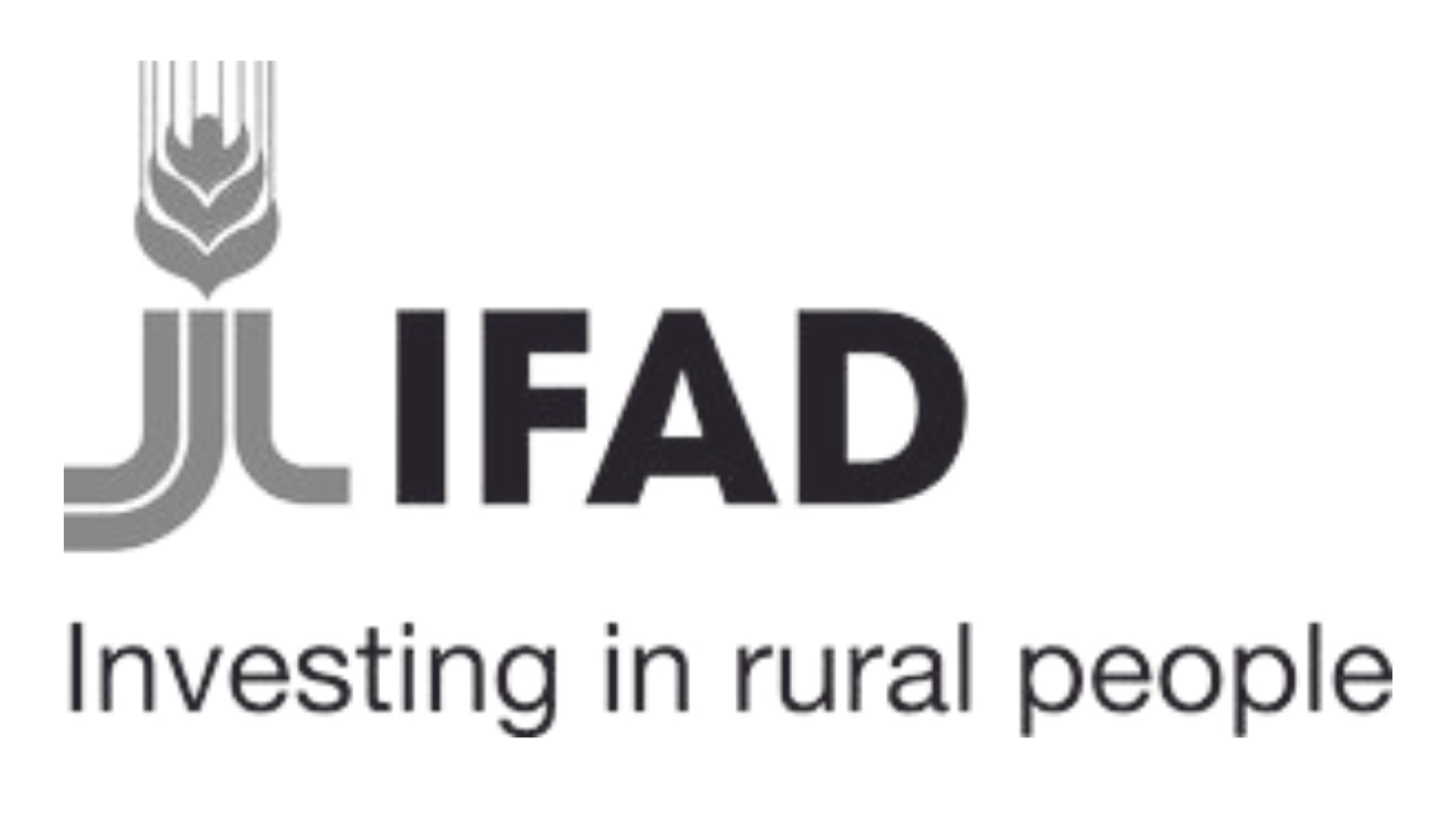Shashe Fekadu is a mother of three living with her family in the Amhara region in Ethiopia. When Shashe started with forest and beekeeping activities thirteen years ago, she had four traditional beehives with low production and a small plot of woodlot mostly for wood fuel supply for her own household. As her children were growing Shashe wanted to increase the family income, so that her children would have the possibility to study.
“Previously I did forestry activities only for self-consumption purposes, we used the wood for construction and as fuel wood. Before I joined the project I had only a small woodlot managed in a traditional way, with trees maturing after seven years and with low wood quality. I first started bee keeping with traditional beehives, but the honey harvested was low in quantity and quality.”
Shashe with one of her daughters by their homestead plantation
When starting to plan her business the honey and bees wax production was too poor both in quality and in quantity. Also the woodlot needed proper management to produce more. Shashe decided to join the FFD project, with the local partner Zenbaba Union. Shashe got information on the benefits of cooperatives, and is one of the founders of the Agunta Bee and Natural Resources Development and Marketing Primary Cooperative. With help of the FFD project support to Zenbaba Union, Shashe has been able to participate in different trainings on woodlot plantation establishment systems, and on modern beehives honey production.
“After joining the project, I have been engaged in model woodlot establishment, modern beehive keeping and agroforestry activities. The model woodlot establishment has reduced the maturation period of trees from seven to four years, and the wood quality is good. I am also benefiting from growing agricultural crops in the agroforestry system – the crops can be grown until the tree canopy cover is getting too dense. The modern beehives are giving better honey harvests, and the quality of the honey is fit for marketing.”
Shashe now has 1,5 hectare of forest land with established agroforestry model woodlot system, with a wood maturing period of four years. She has divided her woodlot into two parts, making it possible for her to harvest 0,75 hectare of wood every second year. Honey production sales are generating income every year. Shashe’s income has increased as a result of the project support, and she has been able to raise her family’s economic standards.
“My livelihood has improved since I joined the project. With the income generated from honey and forest products I have bought three dairy cows, my two daughters are studying in university, and I have been able to change my hut from having grass-cover to having a modern tin roof.”
Shashe´s new tin roof
Shashe is feeling positive about the future. Her daughters are now able to study, and despite the Covid-19 pandemic her business is running – when the situation gets better, she is planning to invest in more modern beehives, and to expand her honey and bees wax sales for better income generation.
This project is supported by the Ministry for Foreign Affairs of Finland.













